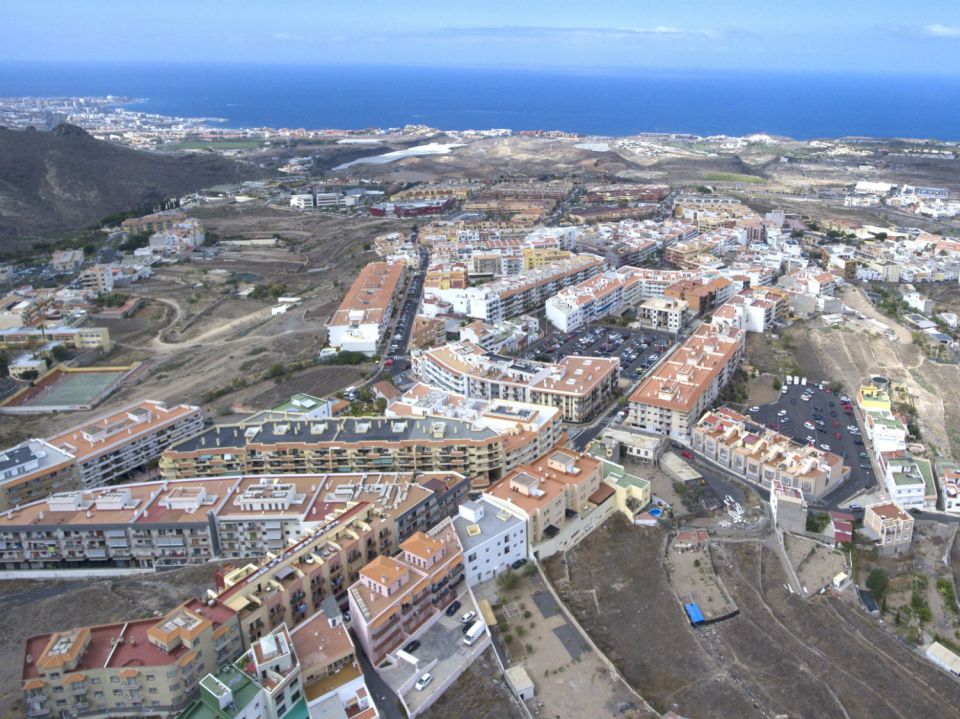This Friday Adeje council will hold an extraordinary plenary session to approve the budget estimates for 2024, with an 8% increase expected. The main objective of the budgetary plan for the year is to continue the level of investment in essential public services, care for the most vulnerable in our society, and the implementation of actions to improve public spaces and infrastructure.
In 2022 and 2023 the council allocated funding for the acquisition of buildings and spaces to house new municipal services and infrastructures, this year they will begin the development of these and other projects. This will involve a substantial improvement in important aspects such as care for the elderly, through an extension of places available in the Adeje residency, more beds and services. The plans also include the adaptation of another building that will be designed for care of the elderly.
Plans also include the improvement and enlargement of the Municipal School of Music, to accommodate the Adeje Patronal band and the Folklore School Group, a proposed new space for the Adeje Farmers Market, a Traditions Centre, new green spaces, and increased parking in strategic locations, following plans that have been implemented in recent years.
Adeje mayor, José Miguel Rodríguez Fraga commented, "we have a commitment to work to realistic budgets that meet the needs of our people," adding that most of the money will be allocated to maintain “the pillars that have defined our policies in recent decades, such as care for those in need, culture, education and sport.
“For us, aspects such as the constant improvement of infrastructures, essential and non-essential public services and, of course, security in all its aspects, are also important". In this regard there will be increased funding to allow for the incorporation of new local police officers and improvement of the fleet, with the budget related to security and civil protection increased by more than 15%. This will be the third consecutive year that Adeje has increased the number of police officers.
As is common in many public bodies, the public accounts are still gradually returning to normal after the years of the pandemic, when the usual rules of operation were suspended in order to alleviate the crisis situation. In this regard Adeje Town Hall has also had to deal with a rise in the price of electricity and water charges, which means an increase in expenditure. The councillor with budget responsibility, Epifanio Díaz Hernández, who, with the mayor, thanked the relevant ‘good governance’ technical team for their work, said that this budget is "a document that give us an assurance that the municipality is in a healthy financial state, and complies with all the economic parameters set by the higher administrations". Díaz Hernández added, "We have achieved this stability and dependability without reducing the high level of public services need to which we have always responded ".
Another aspect that has characterised the accounts of Adeje in recent years is the maintenance of social care, including the consequences caused by the pandemic. The council has consolidated work in this area continuing with home help, job placement, and care programmes for people at risk of social exclusion, increasing the budget for dependency by almost 5% to over 1.6 million euros.
"We continue to work towards the Adeje of the future, a municipality in constant evolution and transformation, that must adapt to the new demands and needs of our people," said the mayor, and emphasised that “the people who continue to be our priority are those who need our help most, the most vulnerable, and we continue to be committed to funding for culture and education and for our young people”.
In particular, in education, culture and sport, the council will maintain the high level of spending on student grants, transport subsidies and projects such as the Adeje Summer University and the auditorium programme. Investments in all these areas have been increased by up to 15% to over 8.5 million euros.
The expansion of the Music School, the improvement and expansion of the Municipal Nursery and the creation of the Traditions Centre are three other areas where monies will be allocated. The school will receive a 28% increase in its budget, and new items will be introduced for the nursery and the Traditions Centre. The animal rescue centre will also have more funding to improve its facilities and services.
Tourism will continue with funding for the promotion of the destination, the improvement of infrastructures, the implementation of information programmes, and the improvement of services. Another area that has seen a budget increase is economic development, with projects to support small and medium-sized enterprises, entrepreneurship and the primary sector. Also noteworthy is the 10% increase, to almost 4 million euros, in programmes to promote employment and training for workers. The council continues to be committed to the digital and ecological transition, with significant allocations to consolidate projects that are already well advanced, such as the Adeje DTI, a smart municipality that strengthens services and improves efficiency.
